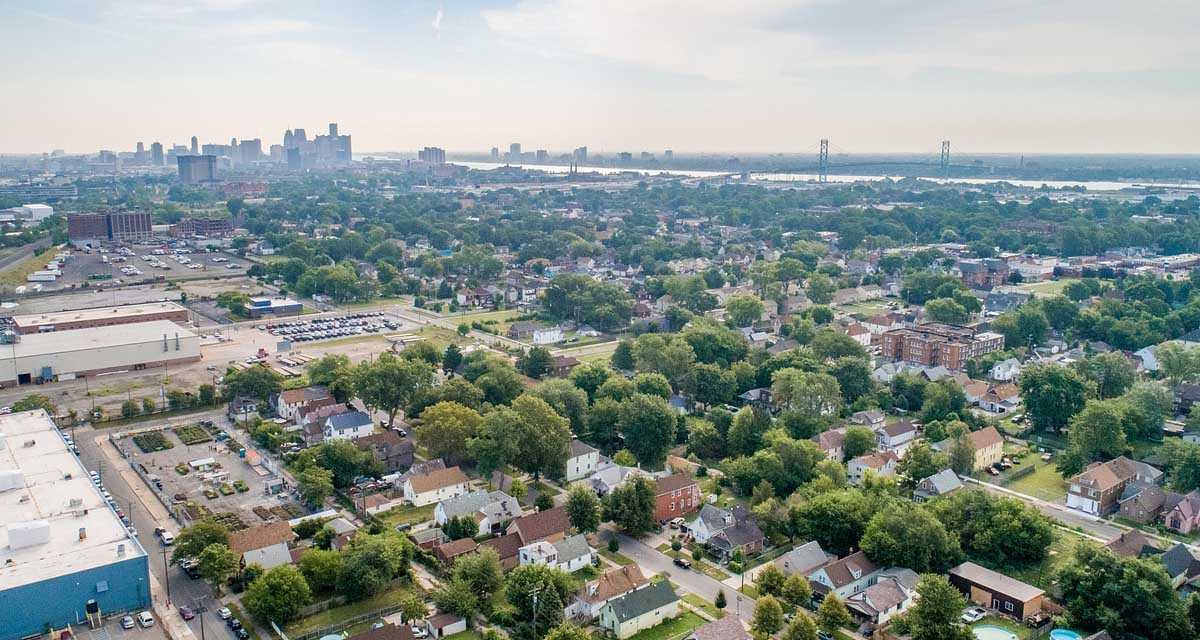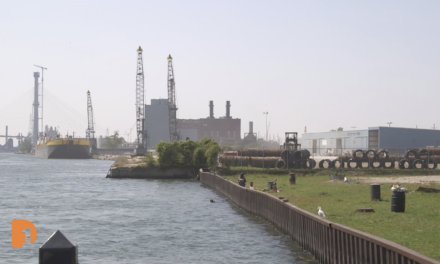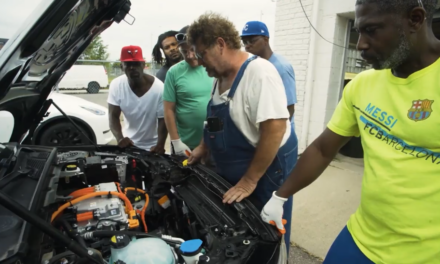Environmental justice advocates say American Rescue Plan Act funds that Detroit will soon receive should go toward addressing climate resilience and Detroit’s flooding and stormwater crisis, among other environmental issues facing residents.
The American Rescue Plan Act, the federal coronavirus stimulus bill that will deliver a total of $1.9 trillion in aid, includes $350 billion to be distributed directly to state, local, territorial and tribal governments. Through this, the City of Detroit will receive $826 million in direct federal aid, the fifth largest amount of any city in the country. Local governments have a great deal of discretion as to how to spend these funds, and community organizers say the funds should go to Detroit neighborhoods navigating climate change, aging infrastructure and problems that pre-existed the coronavirus pandemic.
“People are suffering from flooded basements on a regular basis and are unsure what the future of their home stability is going to be,” said Alex Novak, a community planning manager at the Alliance for the Great Lakes.
Novak said stormwater management is a major issue on Detroit’s east side.
In order to reduce the burdens on homeowners and communities, Novak hopes that the city will be able to make “a significant investment in green stormwater infrastructure in conjunction with gray infrastructure improvement, including lead service line replacement.”
“It’s important that we invest in both and not just one or the other,” said Novak.
Though the City’s current proposal includes line items for city services and infrastructure; neighborhood investments; parks, recreation and culture; intergenerational poverty; and more, Detroiter organizers also said green infrastructure and renewable energy is essential.
Ricky Ackerman, the director of climate equity at Eastside Community Network, echoed Novak’s thoughts about infrastructure and said the American Rescue Plan funds offer “an opportunity to fund critical infrastructure improvements and reimagine our infrastructure design to build a more climate-resilient Detroit.”
“Climate change impacts are already creating negative consequences for Detroiters,” said Ackerman.
For the whole story, go to BridgeDetroit’s website.





